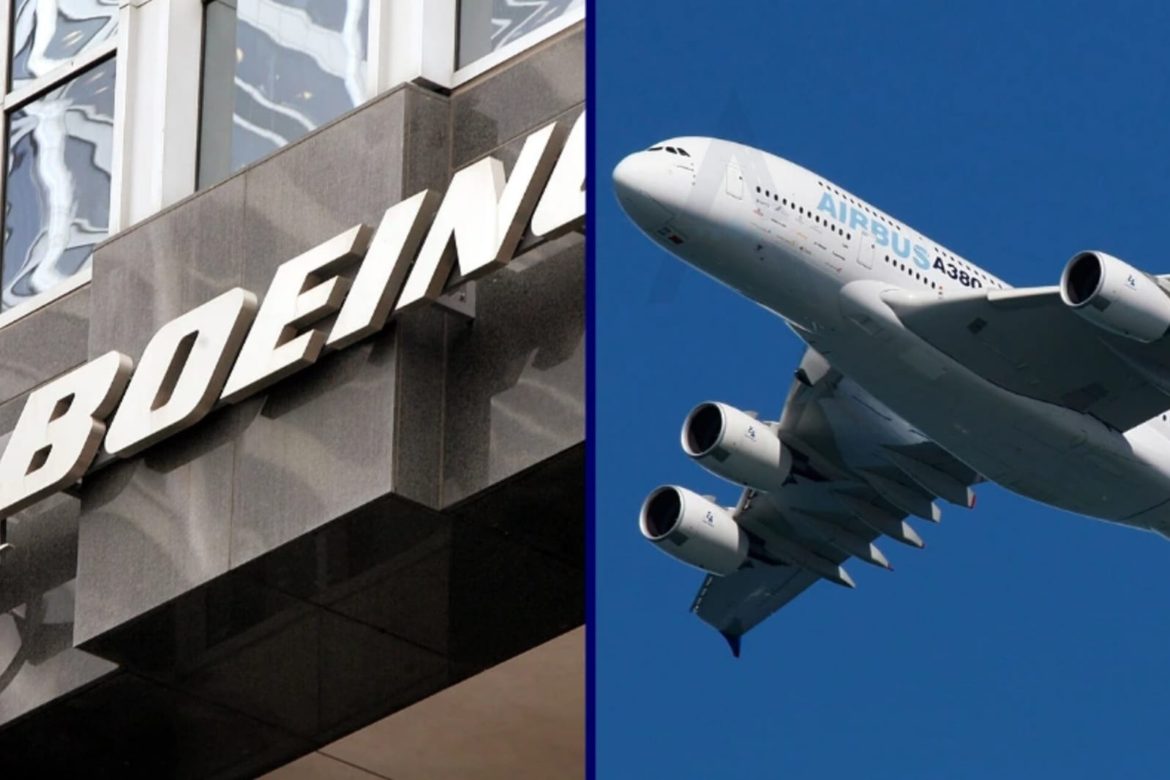In a shocking turn of events, the Federal Aviation Administration (FAA) has launched an investigation into allegations that fake Chinese titanium has been sold to aerospace giants Airbus and Boeing. This discovery has raised serious concerns about the safety and integrity of numerous aircraft built using this compromised material.
The issue came to light following an anonymous tip-off that prompted an internal audit within Boeing. Preliminary findings revealed that titanium sourced from a supplier in China did not meet the stringent aerospace standards required for aircraft manufacturing. Airbus, upon being notified of the potential issue, conducted its own investigation, which corroborated Boeing’s findings.
The titanium in question was supplied by a Chinese firm that had been certified by international aerospace standards organizations. However, it appears that this certification was either obtained fraudulently or that the supplier had cut corners in their production processes. The material, which is crucial for its strength and lightweight properties, is extensively used in the construction of aircraft parts, including fuselage components and critical engine elements.
As news of the investigation broke, both Airbus and Boeing issued statements emphasizing their commitment to safety and transparency. Boeing stated that they are thoroughly inspecting their supply chain and have halted further use of the titanium from the identified supplier. Airbus echoed this sentiment, assuring the public and their clients that all necessary measures are being taken to ensure the continued safety of their aircraft.
The FAA’s investigation is expected to be comprehensive, involving the scrutiny of documentation, supply chain practices, and the testing of materials. This incident has highlighted the vulnerabilities in the global supply chain for aerospace manufacturing, particularly the risks associated with sourcing materials from overseas suppliers.
In the aviation industry, where safety is paramount, the implications of using substandard materials are severe. Aircraft manufacturers are under immense pressure to maintain the highest standards to prevent catastrophic failures. The revelation of fake titanium has triggered a wave of concern across the industry, with other manufacturers now likely to re-examine their own supply chains to avoid similar issues.
Regulatory bodies worldwide are watching the FAA’s investigation closely, and there may be broader implications for international trade practices and quality assurance protocols in aerospace manufacturing. This incident underscores the need for rigorous verification processes and the potential consequences of supply chain lapses. The aviation industry, renowned for its meticulous standards, now faces the challenge of restoring confidence and ensuring that such an oversight does not recur.

